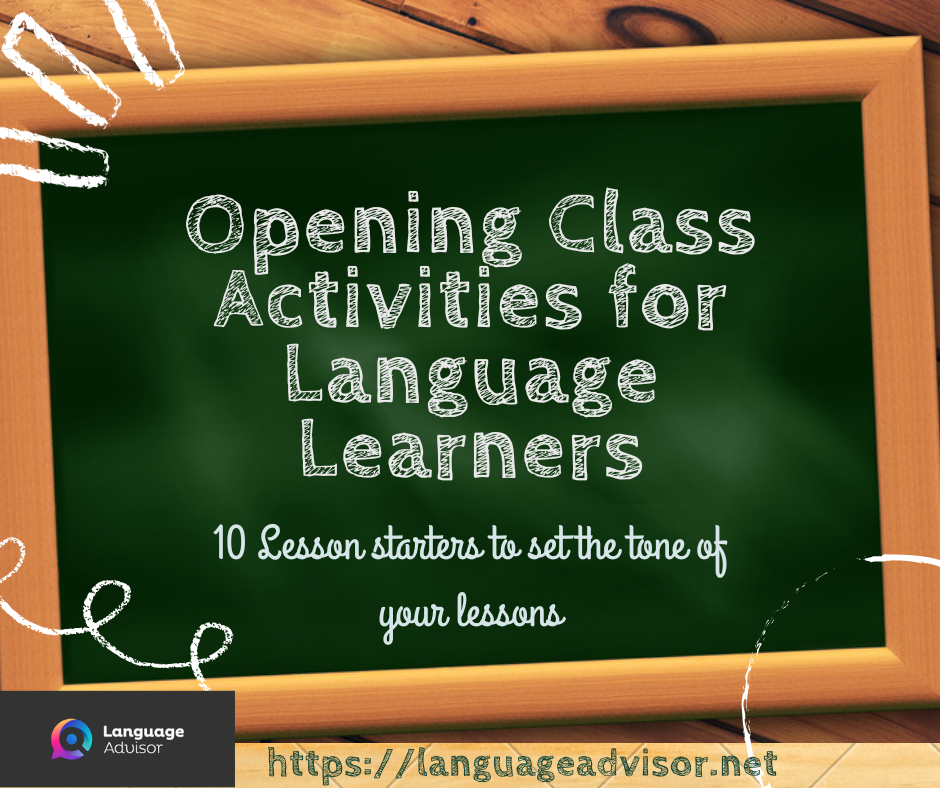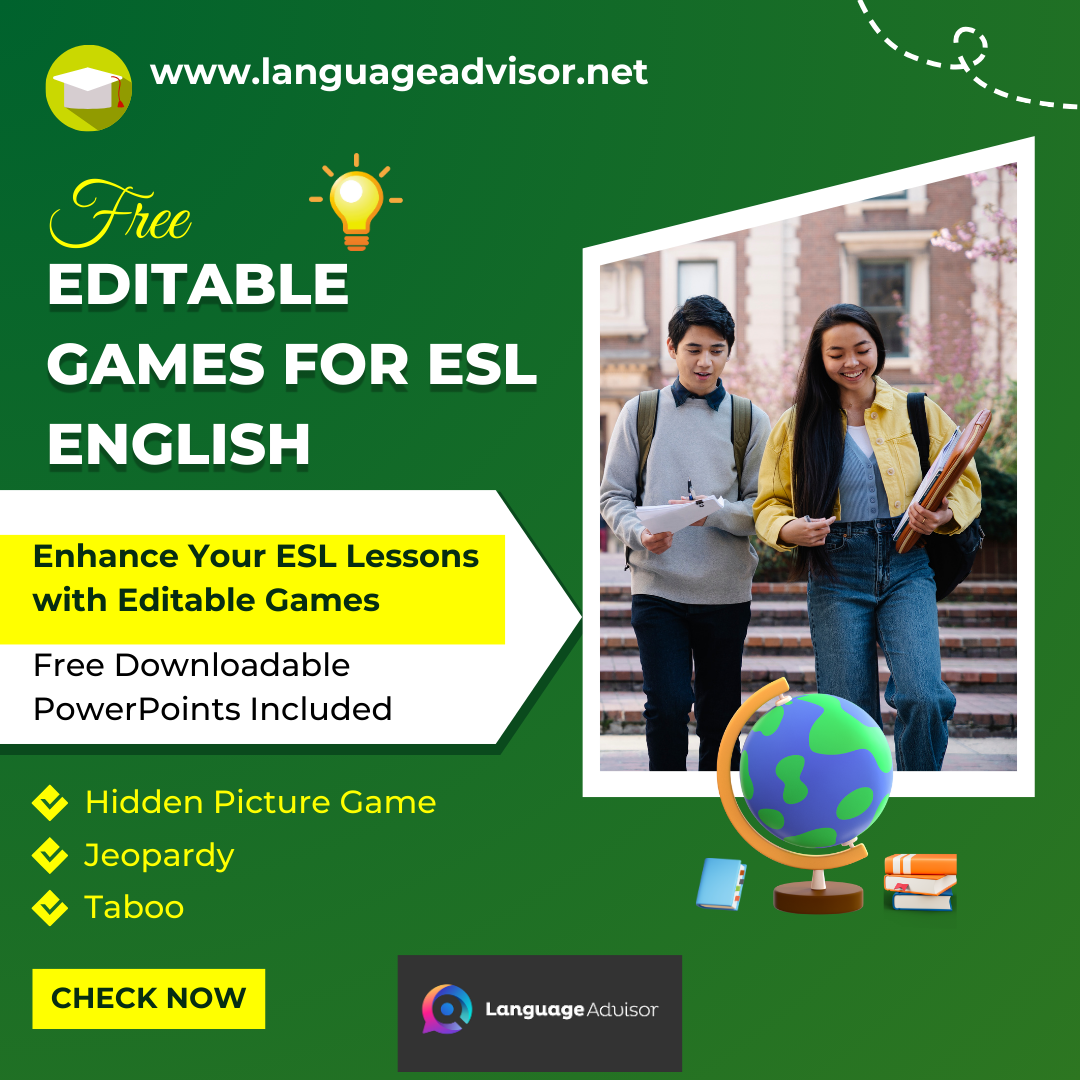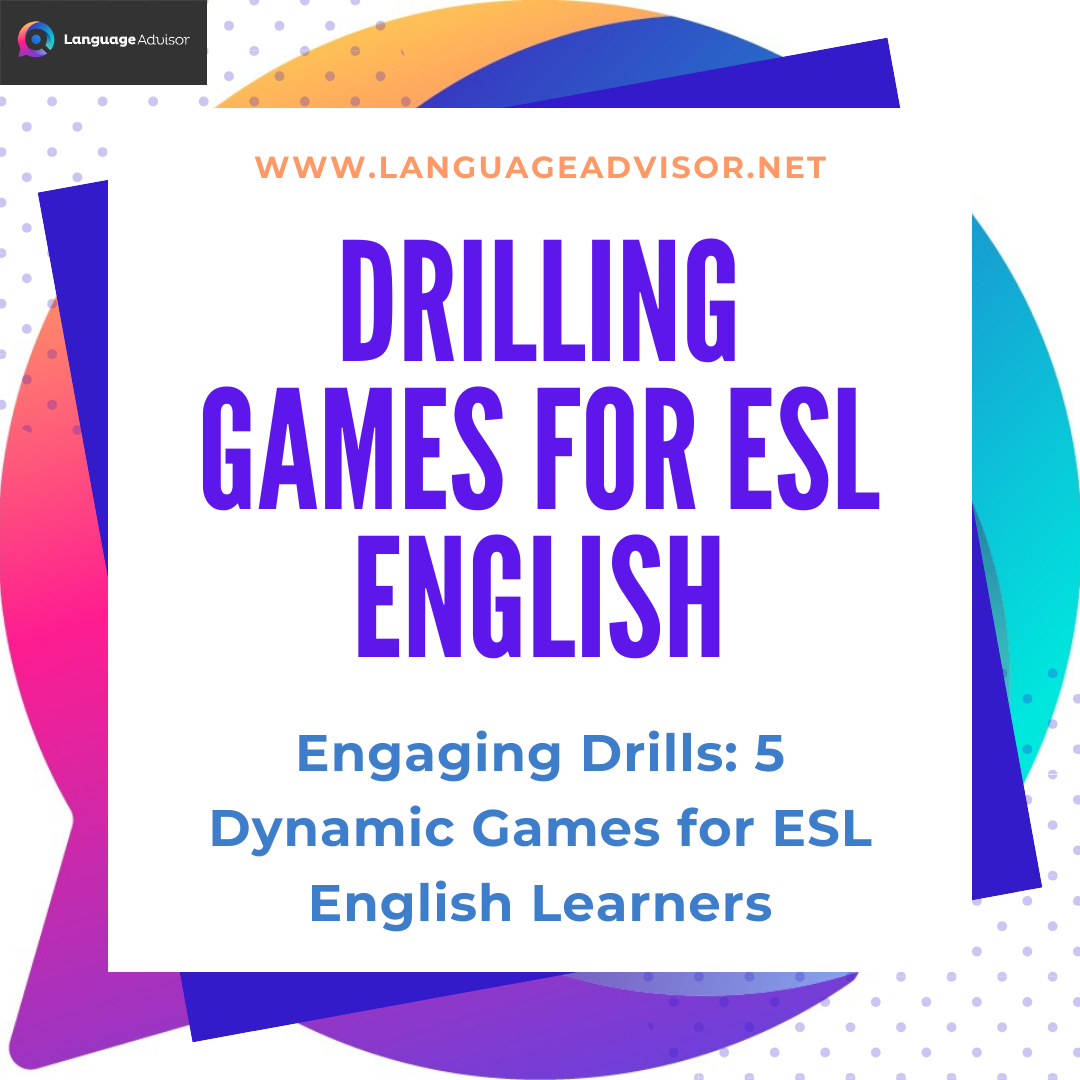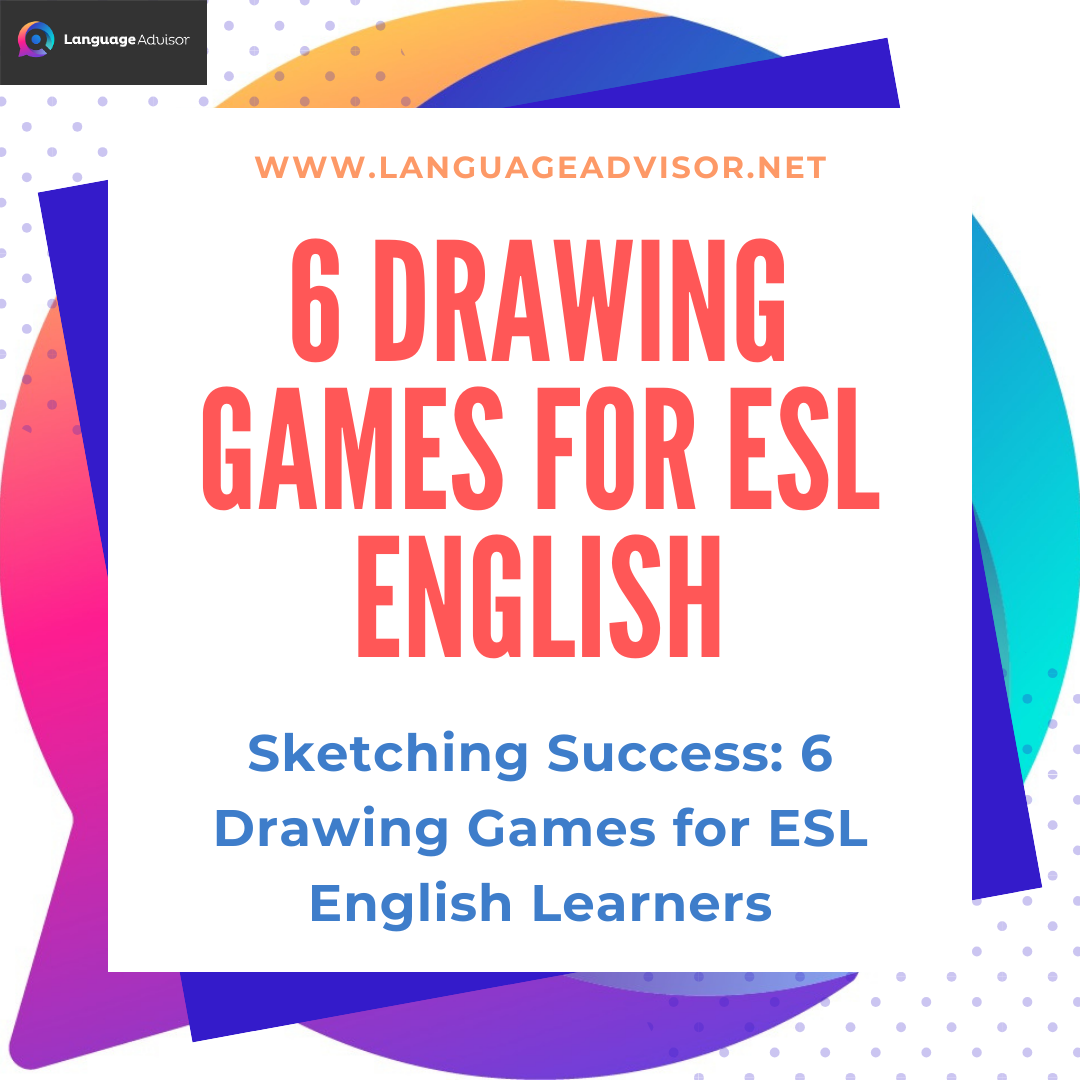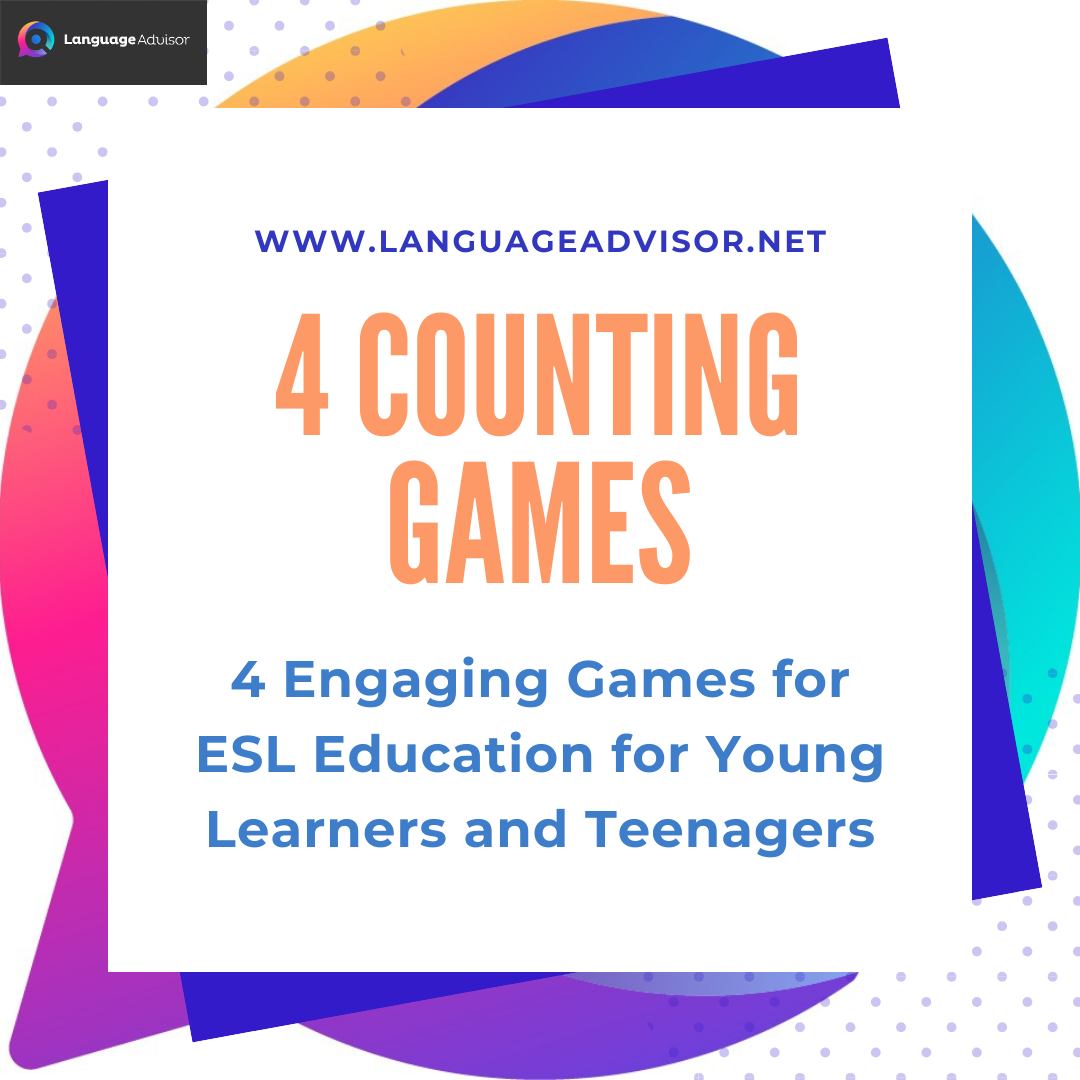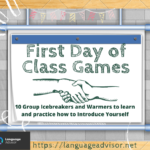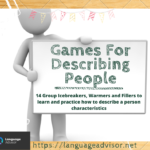Opening Class Activities For all Language Learners, all levels and ages. 10 Lesson starters to set the tone of your lessons.
Fun Spelling Games in Classroom and word activities
Fun Spelling Games in Classroom
Fun and engaging spelling games and word activities for all language learners
The opening activities are supposed to serve as starters, as unfreezing activities to make the students feel at ease, to motivate the students to participate and to set the tone for the day.
Opening activities serve as a launching pad for the day’s lesson. Therefore, they should be linked or related to the day’s lesson. They are not just activities for students’ enjoyment or activities for the sake of enjoyment. They are preparatory to the real thing. They also have a motivational function.
Below are some effective opening activities.
To learn a language is to have one more window from which to look at the world
~
Chinese Proverb

Opening Class Activities for Language Learners
Fun and engaging opening class activities for all language learners, for all levels and ages. These activities can all be adapted and used at different points of your lesson.


WORD OF THE DAY WARMER
At the beginning of the class, write a target word: it should be a key word to the topic of the day. Discuss the word, then work into the discussion as much as possible. It takes repeated exposures to a word to truly acquire it.





DISCUSS A NEWS EVENT


This activity warms students up to speaking and thinking and also gives valuable experience in offering and listening to opinions on current events.
Open class discussion at the beginning of class by discussing a recent news event, possibly related to your day’s lesson. Spend about five minutes discussing it as a class, asking for opinions and taking questions.





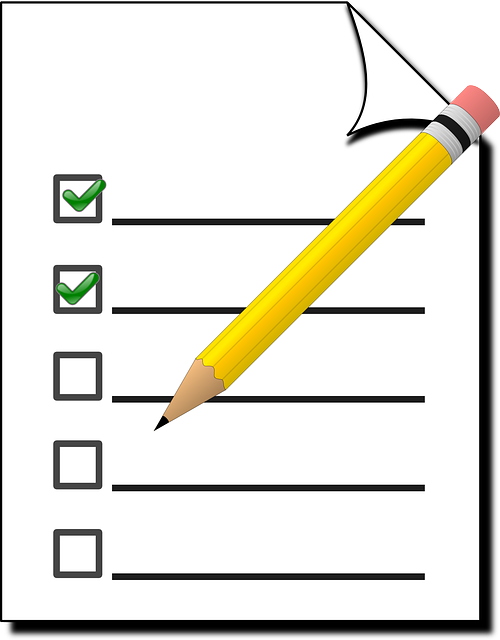

INTEREST SURVEY
Taking into consideration student interest and goals increases student motivation and retention.
At the beginning of a class, in the first days, an interest survey is a good idea. Have students fill out a survey on the topics they would like to discuss. Providing them with some alternatives related to the course content and objectives is a good idea. At the same time, the teacher can get an idea of which language skills students are most interested in working on: speaking or writing, for example.





POLAR OPPOSITES


When introducing a new topic present on the board two versions: one correct and one incorrect. Have students discuss with peers and try to guess the correct version before presenting the correct one.
With this strategy, students are not only introduced to the topic but some common misconceptions on it it while practicing speaking skills.





SEMANTIC FEATURES ANALYSIS


When introducing a unit that has a lot of closely related vocabulary, the instructor can conduct a semantic features analysis. This involves listing the terms analyzed down the left margin of the paper and then the features of those terms across the top and then putting checks in the boxes where they apply. With this chart, students can distinguish between terms, developing and refining their vocabulary.







SEMANTIC WEB
This activity is a good way to review or develop vocabulary related to a topic.
Before giving students a reading on a topic, create a semantic web on the board. This involves writing the key word in the center of a circle and then branching out from that with related words connecting to the original word or to each other. Students call out words they associate with the key word or other words connected to it.







TITLE SCRABBLE
This activity is a variation of Scrabble and can be played without a board. It’s a great game to develop vocabulary as well as to prepare for your reading activity.
Before beginning a reading, write its title on the board and ask your students to find as many words within the title as possible. (Eg. in the word “Reunion” you can find union, run, rein…)





WORD ASSOCIATION GAME


This game works nicely as a conversation starter.
Procedure
Everyone sits in a circle. You start the game saying out loud a word related to your class topic. Ask your students, in clockwise order, to quickly say a word that has some connection with the previous word.
Players are eliminated if they take more than 10 seconds to make a connection or if they repeat a word that has already been previously said in this game.







WORD CHAINS
This game is a good vocabulary builder and memory game.
Players will sit in a circle and list words in a category related to the topic of the day. They must remember the words previously said and think of unique words to add.







PICTURE WITHOUT A CAPTION
After you state the objectives of your day’s lesson, ask your students to put a caption to a picture you chose related to the main topic and later to explain the why and the meaning of their caption.





Opening Class Activities for Language Learners
Here are some opening class activities you can find on Language Advisor
Opening Class Activities for Language Learners






